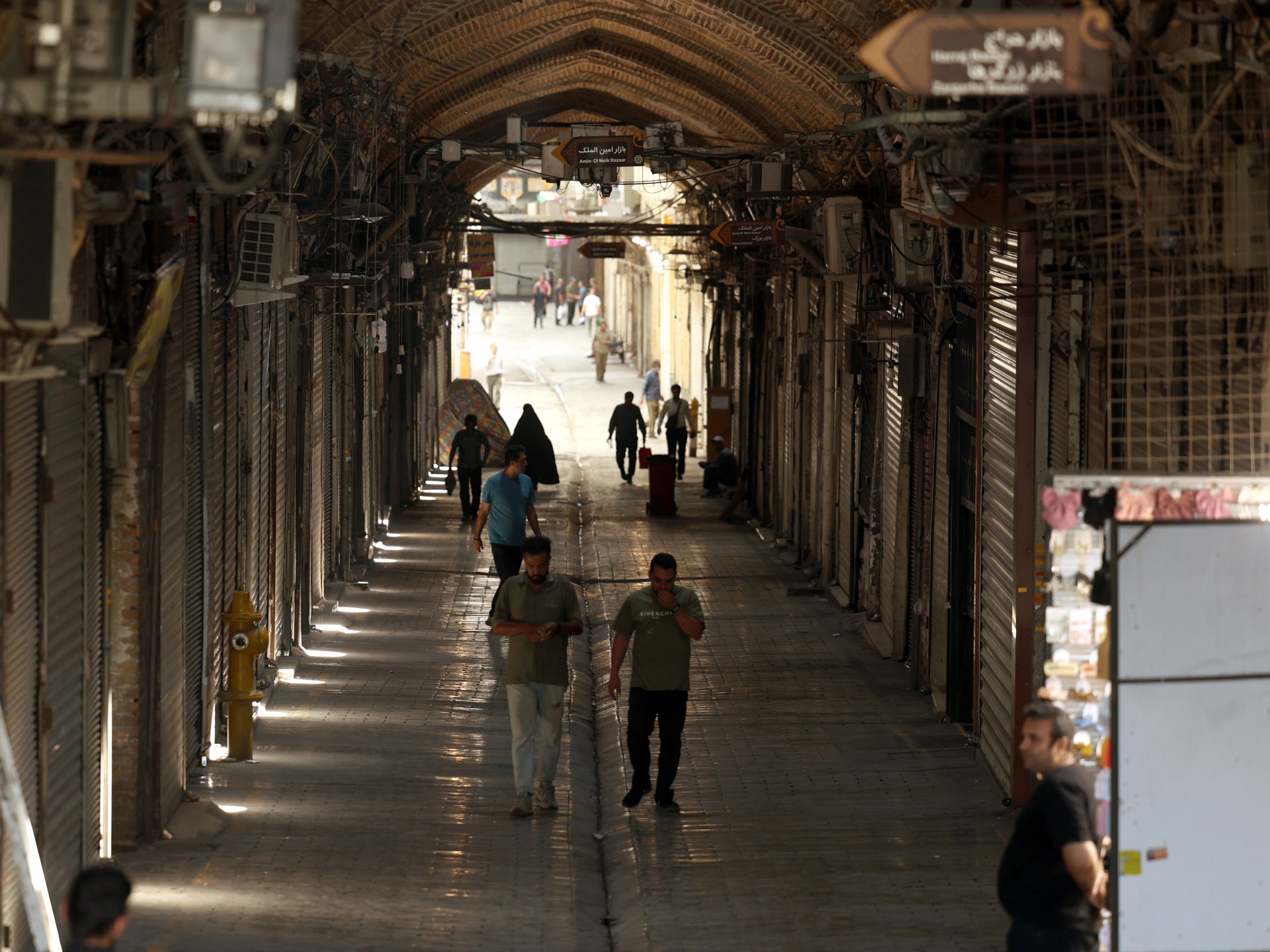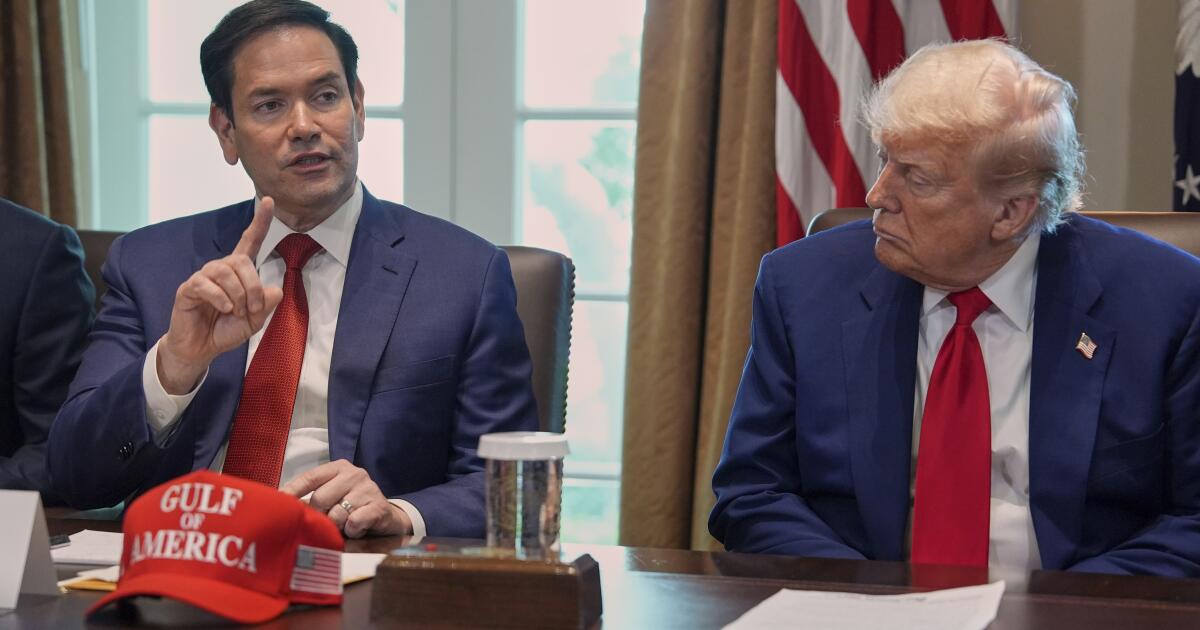Iran’s dual nationals caught between Israeli bombs and family ties | Israel-Iran conflict News
Tehran, Iran – Suitcases are rolling through Tehran, but this time, it’s not for holidays or family celebrations. They are being packed in haste and out of fear – symbols of the growing anxiety gripping the Iranian capital’s 10 million residents as they face Israeli missiles.
While Iranians scramble to find shelter, dual Iranian-American nationals find themselves caught in the crossfire of war and geopolitical uncertainty.
Amir, a 36-year-old Tesla engineer and dual national, travelled to Tehran from the United States just weeks before Israeli air strikes began hitting targets across Iran. He had been visiting family and spending quiet days with them on Mount Damavand, located roughly 60 kilometres northeast of the capital. His return flight to the US was already booked, but a few days before he was scheduled to travel, Israel launched its attacks.
When the bombs started to fall, Amir found himself gripped by fear, not just of war, but of being drafted and becoming a casualty of politics beyond his control.
“I wasn’t scared at first. Being with my family brought me peace,” said Amir, who preferred not to share his last name for security reasons. He recalled how he had actually been more worried about his family’s safety during the 2022 Iran antigovernment protests, watching from afar in the US. “Back then, I was constantly anxious, glued to the news, worrying about my family. But now, being in Tehran and Damavand, I could see that life was still going on,” he said.
But he soon decided it was too risky to remain in Iran. A US Green Card holder, Amir dreaded the growing possibility of President Donald Trump reintroducing a travel ban on Iranians and feared it would include those with permanent residency, like himself. With a sense of urgency, Amir chose to leave.
Crossing borders, leaving loved ones
Fearing for his life and his future, Amir began a long overland journey. On Monday, he left by overnight bus for the western Iranian city of Urmia, an 11-hour journey. From there, he continued by road to Van, in eastern Turkiye, which took another six hours. He then boarded a domestic flight to Ankara, from where he flew to the US on Thursday.
For Amir, fleeing wasn’t just a logistical challenge; it was emotionally traumatic. “If it weren’t for the fear of being conscripted and the possibility of a new Trump-era travel ban, I would have stayed close to my loved ones,” he said. “It’s harder in the US.”
Behrouz, a 41-year-old postdoctoral researcher based in San Francisco, faced a similar choice. He had been visiting his hometown of Mashhad, in northeastern Iran, when it was struck by one of Israel’s longest-range missile attacks.
“I tried to stay calm for the first two days,” he recalled. “But then, I had to face the reality: this conflict is nothing like the past. At least for the coming months, the sky won’t be clear or open.”
Traditionally, Behrouz would end his trips to Iran with a walk through the courtyard of the Imam Reza Holy Shrine, picking up saffron and sweets for colleagues back in the US. But this time, he left in a rush. The journey was long: 10 hours by car to Tehran, another nine to Urmia, and then across the Razi border crossing into Turkiye. “It took about 20 minutes to get through the checkpoint,” he said, but what followed was a gruelling 22-hour bus ride to Istanbul.
Behrouz explained he had to leave because of his job. “But my heart is still there with my family, and with the people,” he said, his voice breaking.
“We are against both Israel and the Iranian regime,” he added. “We are millions of ordinary Iranians caught in the middle of decisions made by politicians who don’t represent us.”
Behrouz’s words echo the quiet desperation of many others. Azerbaijani media reported that about 600 Iranian-American dual nationals had crossed out of northwestern Iran via the Astara border into southern Azerbaijan with support from the US embassy. Online, travel coordination flourished in Iranian-American Facebook groups. One user asked: “My flight was scheduled for late June. Should I try to exit through Armenia or Turkiye?” Another advised: “Bring extra fuel. Gas stations are limiting purchases to 10 litres per car.” Some even pooled resources to rent a van for the journey to the Turkish border.
For those managing to leave, the logistics are complex – but often less painful than the emotional burden.
Staying behind – and getting cut off
Not everyone is leaving. Afsaneh, a 43-year-old lifestyle blogger and mother who lives in northern California, had flown to Iran with her seven-year-old daughter before the war began. Despite US State Department warnings urging citizens to leave, she wrote on Instagram that she had no intention of returning – at least for now.
“This is where I want to be,” she wrote in a recent post. “With my family, during this time.”
Others have had no choice but to watch from afar as their loved ones live through the strikes.
Maryam Mortazavi, a 38-year-old Iranian-Canadian living in Toronto, had sent her parents and sister on a summer trip to Iran just two weeks before the air strikes began. Ten days into their stay, bombs hit the northwestern city of Tabriz near their residence.
“I was on a blurry video call with them, hearing explosions and air defence systems,” Mortazavi said. Her family fled to nearby Urmia for safety. By Wednesday afternoon, the Iranian government had shut down internet access. Maryam lost all contact with them.
“I can’t even get out of bed – I’m so worried,” she said, breaking down. “I just hope they find a working VPN and reach me.”
This piece was published in collaboration with Egab.

